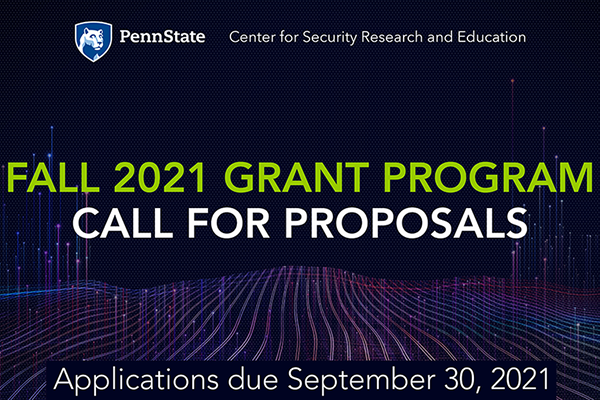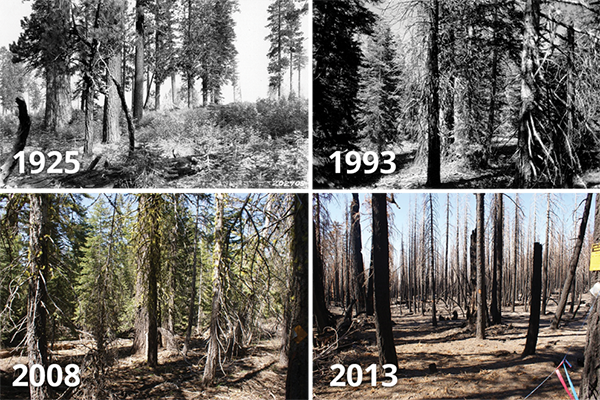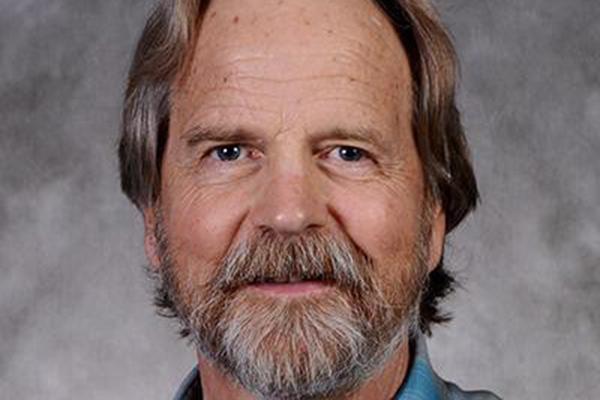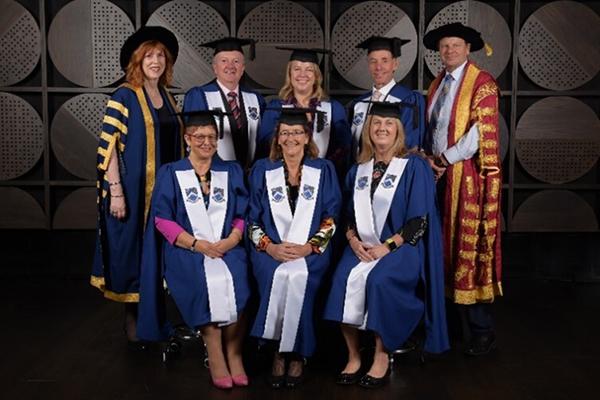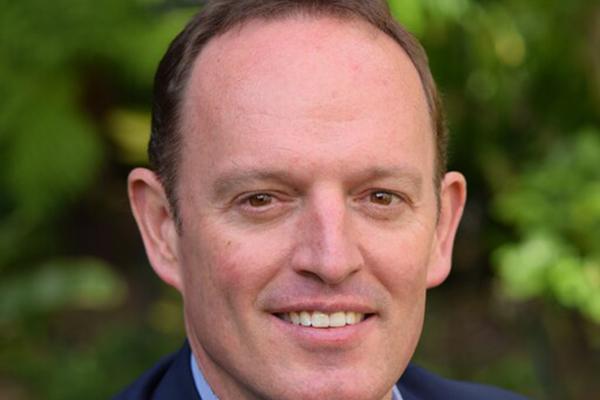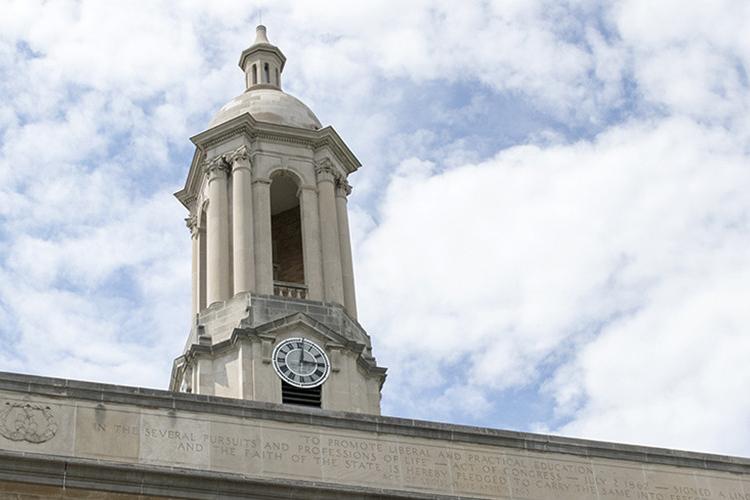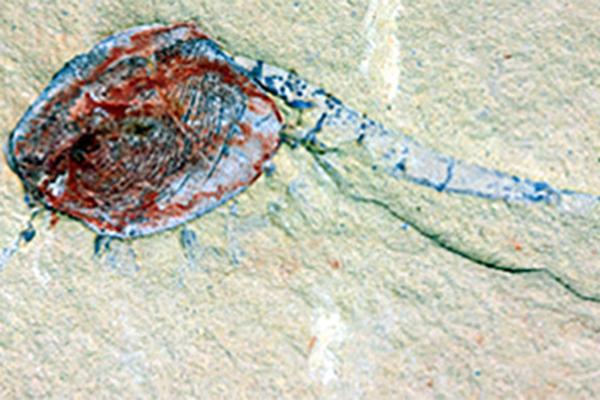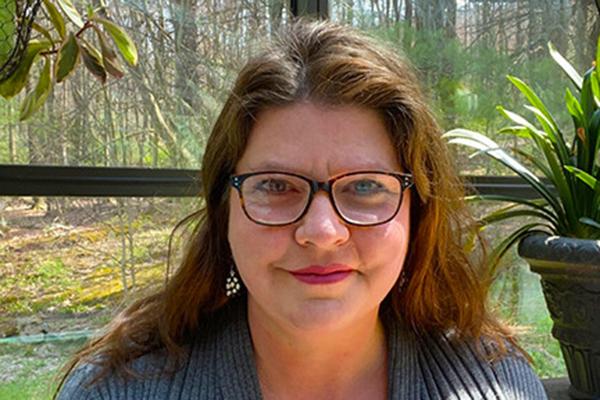The Penn State Center for Security Research and Education (CSRE) is announcing its Fall 2021 Grant Program to support security-related scholarship and educational programs at Penn State.
Firefighters battling wildfires in the western United States use a variety of suppression tactics to get the flames under control.
Alan Taylor, professor of geography and ecology, will serve as interim director of the Penn State Earth and Environmental Systems Institute (EESI) while director Susan Brantley is on sabbatical. His appointment began July 1.
Jenni L. Evans, director of Penn State’s Institute for Computational and Data Sciences, professor of meteorology and atmospheric science, and faculty associate of the Earth and Environmental Systems Institute, has been recognized as a university fellow by Monash University in Melbourne, Australia.
Brian King, professor of geography and associate head for the department’s resident graduate programs, has been appointed head of the Department of Geography.
Each year, the Presidential Leadership Academy (PLA) at Penn State chooses 30 exemplary first-year students and the academy is excited to celebrate the next round of standout members.
Brandon Schwartz, assistant research professor in the John and Willie Leone Family Department of Energy and Mineral Engineering, recently received the Dr. N.G.W. Cook Ph.D. Dissertation Award from the American Rock Mechanics Association (ARMA).
A newly discovered fossil deposit near Kunming, China, may hold the keys to understanding howv organisms laid the foundations for life on land and at sea today, according to an international team of researchers.
New research reveals how residents in one community returned to their routines as COVID-19 restrictions lifted, according to a team of Penn State scientists.
Beth King, associate teaching professor and assistant program manager of the online geospatial education program received the 2021 Carolyn Merry Mentoring Award from the University Consortium for Geographic Information Science (UCGIS).


